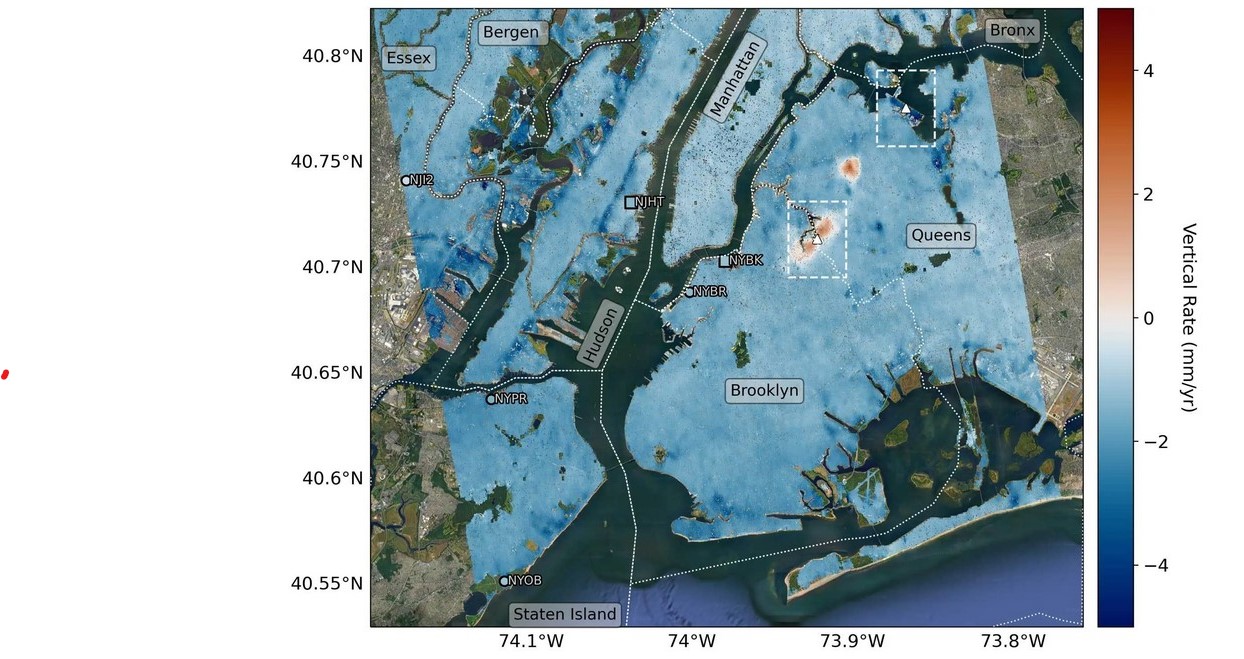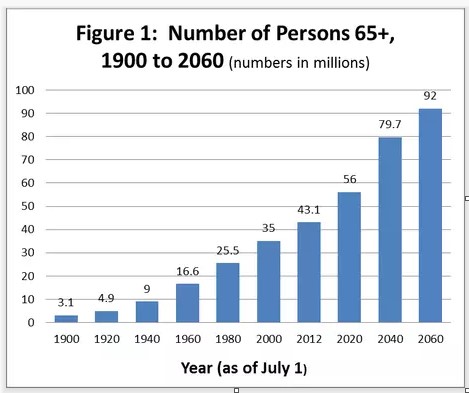Regular readers may recall that mariner would mention rat and mouse studies done in the 1950s-70s. The focus was to document what happens when populations grow too large; the animals were given all the food and water they needed. For the mice, the cages were a 4 foot cubed cage; the walls were lined with little nest ‘condos’ from floor to ceiling. As the population grew, the mouse society began to show disarray. Continuous fighting, raping and disregard by females for birthed young became common. Eventually, the population topped out because most females did not become pregnant and any opportunity for nesting had disappeared. The population began to shrink back close to the original population.
Today, scientists have reevaluated the studies. Examining the films and behavior from a broader perspective, the habitats created weren’t really that overcrowded, but enabled aggressive mice to stake out territory and also isolated the ‘beautiful’ mice to live at the top of the cage above the fray. Instead of a population problem, one could argue that the experiment had a fair distribution problem. In other words, social stress created classes of separation. The ‘beautiful’ mice lived at the top of the cages and as the rows approached the floor of the cage, living standards dwindled because there weren’t enough condos to go around. On the floor, mice were homeless and lived in constant danger of physical abuse and death; the floor mice lived in a crowded and threatening society.
As he read the article, Chicago became a matching image. The upper condos were the luxury condos in the high rise downtown area; The better condos were the comfortable suburbs; southwest Chicago, with its gang-laden violence and lack of civil discipline was the floor. What seems more threatening is that, unlike the mice, not everyone has adequate housing, food or water.
Two circumstances come to mind: the size of the cage is planet Earth; the second is that the measuring stick is not condos, its nations. There are about a dozen countries rich enough to have a ‘balanced’ distribution of oligarchs, middle class, labor and disadvantaged poor – a circumstance of lacking enough resources. As nations grow poorer, the social stratification becomes more aggressive, often authoritarian, and the poorest nations, or those in deep social transition (Israel, Middle East, most of Africa) incur open warfare.
However, the mice had a stable environment that humanity lacks. Many nations will suffer economic collapse, e.g., Pakistan, as the weather and other environmental damages collapse national economies. Even wealthy nations will experience disruption and turmoil as the segregation of class wealth becomes too broad. Events such as mass migration, supply chain collapse and rich-nation bickering about the spoils of a new internationalism provided by the internet will stress the philosophies of government.
So the situation becomes one of starvation, homelessness, class warfare. The current evaluation of the mouse studies seems to be the better insight. We don’t have to wait for our population top-off at 11 billion; already there is too much population to sustain even cantankerous class distinction, let alone “all men are created equal”.
Happy Hallowe’en
Ancient Mariner


